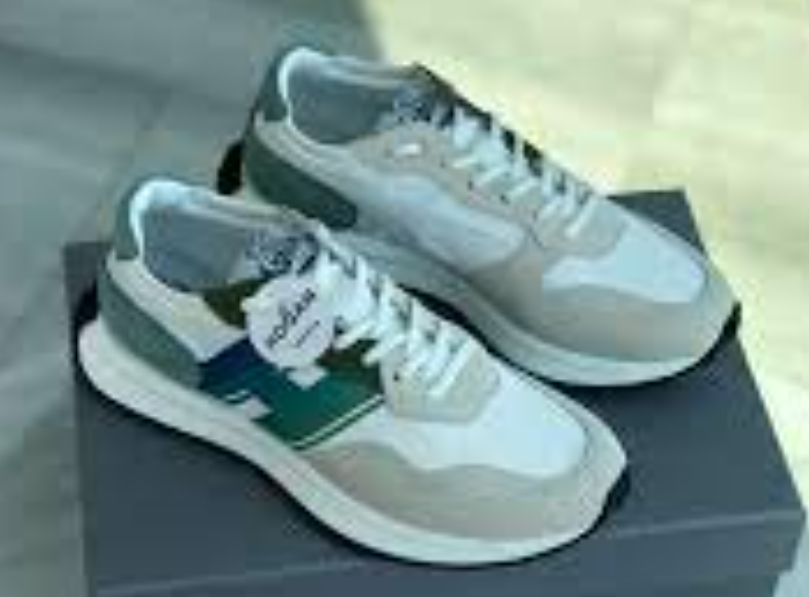Embracing Sustainability: The Future of Clothing, Bags, and Accessories
In recent years, the fashion industry has seen a significant shift towards sustainability. This movement is not just a trend but a necessary evolution to address the environmental impact of fashion. From clothing to bags and accessories, brands and consumers alike are embracing eco-friendly practices and materials. This article explores the various ways in which sustainability is being integrated into fashion, highlighting innovative approaches and the benefits of this shift.
Sustainable Clothing: Beyond Organic Cotton
Sustainable clothing goes beyond the use of organic cotton. Brands are now exploring a variety of eco-friendly materials such as bamboo, hemp, and recycled fabrics. Bamboo, for instance, is a highly renewable resource that grows quickly and requires minimal water. Hemp, another sustainable option, is known for its durability and low environmental impact. Additionally, recycled fabrics, made from post-consumer waste like plastic bottles, are gaining popularity for their ability to reduce landfill waste and conserve resources.
 yupoo-china Wholesale Supplier Branded Shoes clothing bags accessories watches caps belts, join us on whatsapp | Yupoo
yupoo-china Wholesale Supplier Branded Shoes clothing bags accessories watches caps belts, join us on whatsapp | Yupoo
Moreover, sustainable clothing brands are adopting ethical manufacturing practices. This includes fair wages, safe working conditions, and transparency in the supply chain. By prioritizing these values, brands not only reduce their environmental footprint but also contribute to social equity.
Eco-Friendly Bags: Fashion Meets Functionality
Bags are an essential part of our daily lives, and the shift towards sustainability is evident in this category as well. Eco-friendly bags are made from materials such as recycled polyester, organic cotton, and even innovative options like Piñatex, a leather alternative made from pineapple leaves. These materials not only reduce waste but also offer durability and style.
Brands are also focusing on multifunctional designs to promote longevity. Convertible bags that can be used in multiple ways, such as backpacks that transform into tote bags, encourage consumers to buy fewer items, thus reducing overall consumption. Additionally, some brands offer repair services to extend the life of their products, further promoting sustainability.
Accessories: Small Changes, Big Impact
Accessories may seem like a small part of the fashion industry, but they can have a significant impact on sustainability. Jewelry, for example, is increasingly being made from recycled metals and ethically sourced gemstones. Brands are also exploring innovative materials like lab-grown diamonds, which have a lower environmental impact compared to traditional mining.
Sustainable accessories also include items like belts, hats, and scarves made from eco-friendly materials. Cork, for instance, is a renewable resource used in belts and bags, known for its durability and unique texture. Similarly, hats and scarves made from organic cotton or recycled fibers offer stylish and sustainable options for consumers.
The Role of Consumers
Consumers play a crucial role in driving the sustainability movement in fashion. By making conscious choices, such as opting for eco-friendly materials and supporting ethical brands, consumers can influence the market and encourage more brands to adopt sustainable practices. Additionally, practices like buying second-hand, participating in clothing swaps, and properly caring for garments can extend the life of clothing and reduce waste.
Conclusion
The shift towards sustainability in clothing, bags, and accessories is a positive step towards a more environmentally friendly and socially responsible fashion industry. By embracing innovative materials, ethical manufacturing practices, and multifunctional designs, brands are paving the way for a sustainable future. Consumers, too, have a vital role to play in this movement by making conscious choices and supporting sustainable brands. Together, we can create a fashion industry that not only looks good but also does good for the planet.
